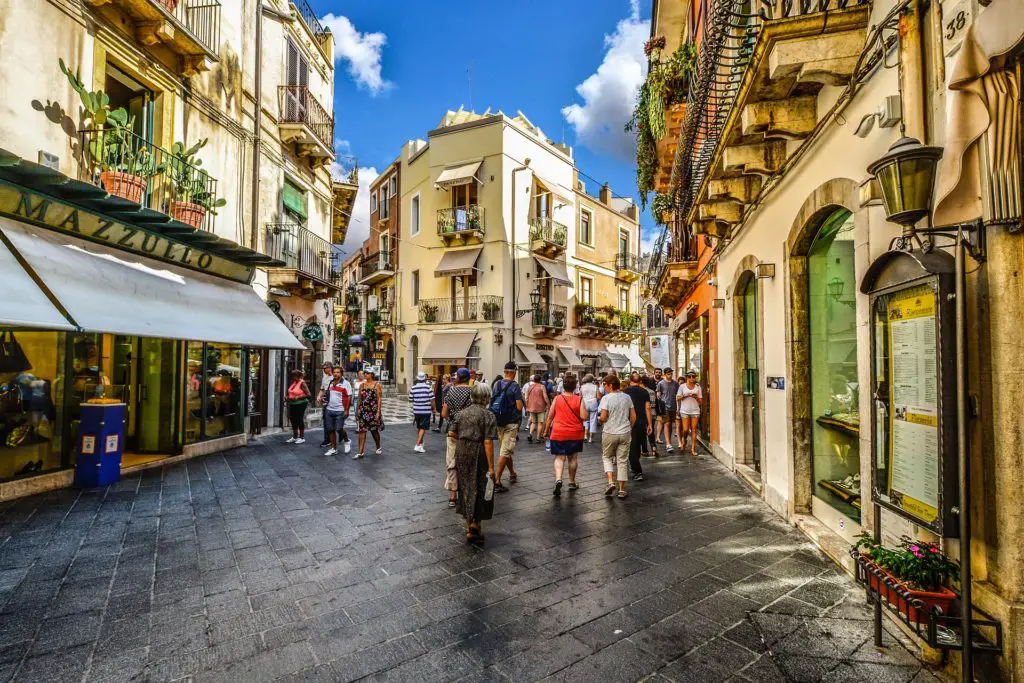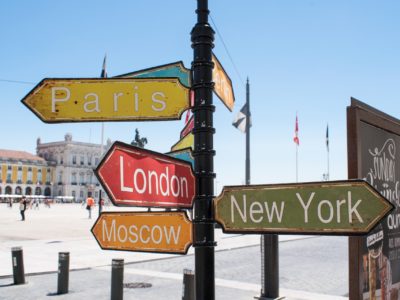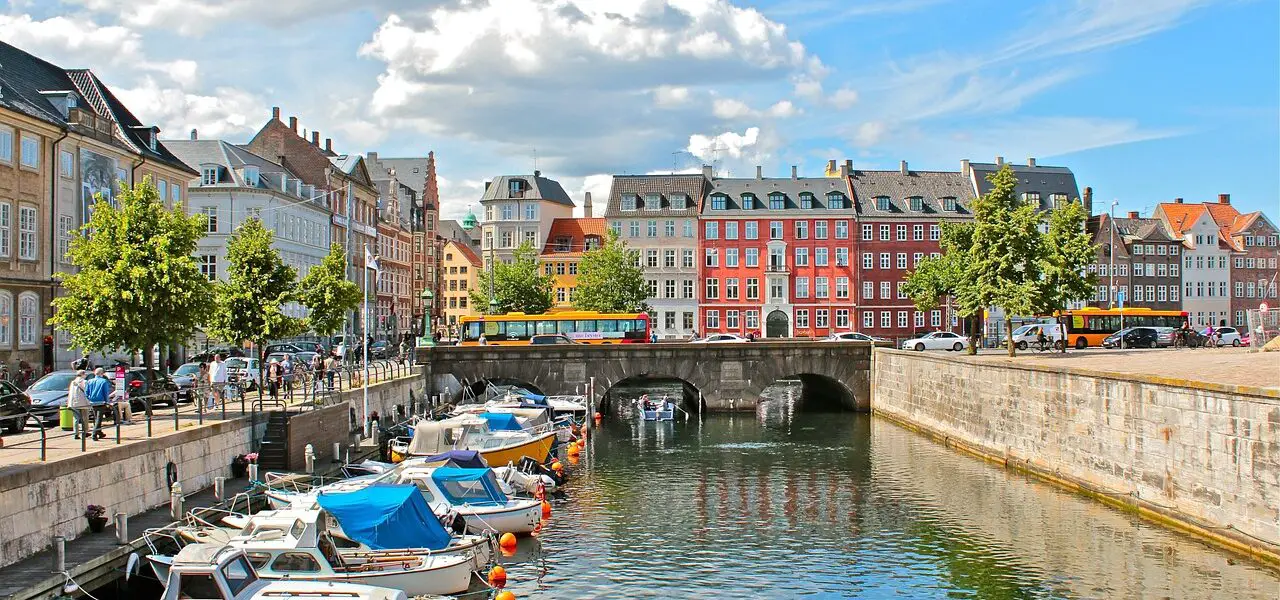The coronavirus pandemic hit everyone hard and unexpectedly. The modern world had not dealt with any calamity of the sort, so, therefore, it was understandable how everything came to a sudden halt. However, industries are now slowly adjusting to new realities and seeking alternate ways to continue life as normally as possible. The same goes for the travel industry. Traveling has been off the charts for a while now, and we all ache to return to our favorite European destinations. However, as countries speed up their actions against the virus, the landscape begins to seem to brighten with every passing day. Still, it is years before everything can go back to the way it used to be. Until then, there are certain things we must now consider when we travel to Europe. The list below identifies the most pressing matters awaiting consideration when you can travel to Europe again.
Related Posts:
1. What are the country-based restrictions?
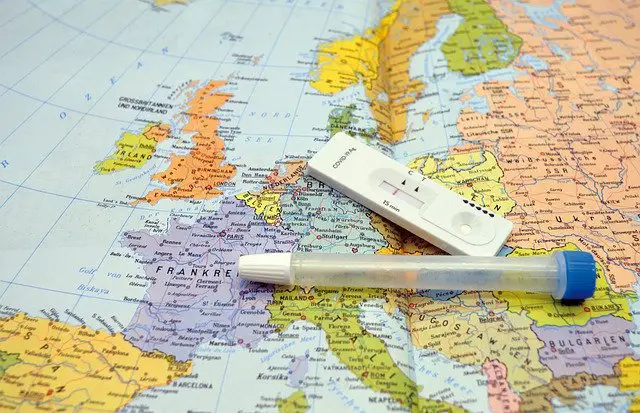
Each country has been dealing with the pandemic differently and at unique paces. This is understandable since the rate and manner of growth of the virus and availability of counter measurements vary from state to state. Given this, it does not come as a surprise that each country is following specific restrictions and regulation protocols. Where certain states have been going under complete lockdowns, barring any non-essential travelers from entering their borders, others have been slightly more relaxed. For example, while some countries like France and Belgium have introduced stringent measures and have blocked all international visitors, others, like Turkey, are allowing travelers given that they can produce a negative PCR test. Therefore, one cannot assume a homogenous restriction implementation and must confirm specificities before making travel arrangements. It is also vital that you check the latest developments, for the state-imposed measures keep evolving to suit changing realities.
2. Where can you search for specific information regarding each country?

Now that it has been established that advisories and regulations vary from country to country, it is important to know where to find accurate and updated information regarding specific protocols. There are multiple resources available that could aid you in the matter, the best of them being state embassy websites. Ever since the pandemic has taken prominence in the world landscape, these websites have added special pages with information specific to pandemic traveling. Usually, they explain all developments in elaborate details, leaving little room for confusion. In case you have further queries, they have sections on frequently asked questions, which cater to most concerns. Other than this, you can also check out the Reopen EU webpage, which targets the status of EU countries in particular. Since border patrolling and permeability depends on dynamic circumstances, the webpage is very regularly modulated, providing real-time, relevant, and authentic information.
3. Do you need to show some proof of vaccination?

As of now, there is no homogenous stance regarding allowing vaccinated individuals to enter European countries. Certain destinations like Romania do allow foreign travelers, including the ones from the United States of America, in case they manage to produce proof of vaccination. However, at the same time, countries like France and Belgium are still inaccessible. However, rounds have been going within the European Union to introduce COVID-passports, something that could bring some uniformity to the picture. These passports would be digitalized and are expected to contain details like proof of vaccination, history of Coronavirus contraction, and/or a recent negative test to allow access to restaurants and hotels. But, as of yet, this idea is only in its initial stages, and it would require time before something like this can be approved and properly implemented.
4. What precautionary protocols should you expect to be in place?
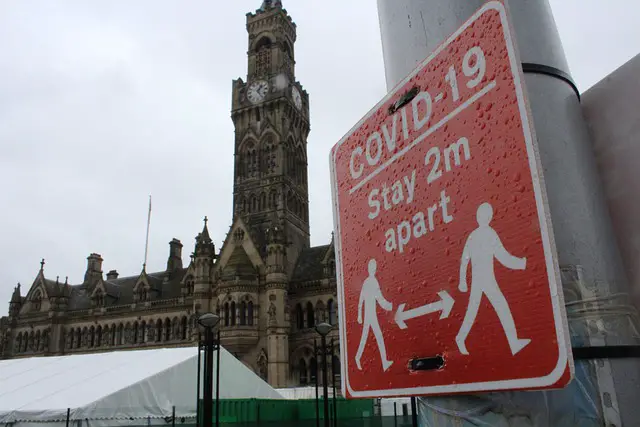
It is obvious that all countries have certain precautionary measures in place, even when they are allowing foreign visitors to enter. How stringent they are in theory and practice varies depending on the pandemic realities in the country. When you can travel to Europe again, upon entry to a country, you should expect to be placed into some quarantine facility for two weeks or until you can produce a negative PCR test. You should also be prepared to follow certain standard practices to be in place, like social distancing, face masks, hand hygiene, etc. You may find some restaurants and hotels to be closed, meaning a reduced number of available options. Plus, you should also be prepared for curfew hours and curfew sites, where certain destinations have been marked off due to a high number of reported cases.
4. What should you be prepared to do in cases of emergency?

In case, during your travel to Europe again, you seem to develop coronavirus symptoms, you must immediately inform health advisories and seek medical help. Depending on which country you are in and the severity of your symptoms, you will be assigned a series of protocols that you must adhere to. Other than this, you may also be stranded in your travel destination if the country suddenly decides to close its borders, effective immediately. Since you can do nothing about it on the spot, you should be prepared to deal with such challenges before arriving. For instance, get travel insurance that covers your stay, even in cases of emergency. If you are buying single-trip travel insurance, make sure you buy more coverage than you think you might need. This thing can come in handy, especially in cases of emergency. Lastly, you should also pack extra medication, extra supplies and keep some extra cash in handy as precautionary measures.
5. Would travel between cities be feasible? If yes, what are the conditions and restrictions?

Although there is no universal ban on traveling between cities in European countries, sometimes such conditions are imposed owing to the state of the severity of the virus in particular cities. You must check this information before making travel arrangements.
6. What is the scope for travel insurance?
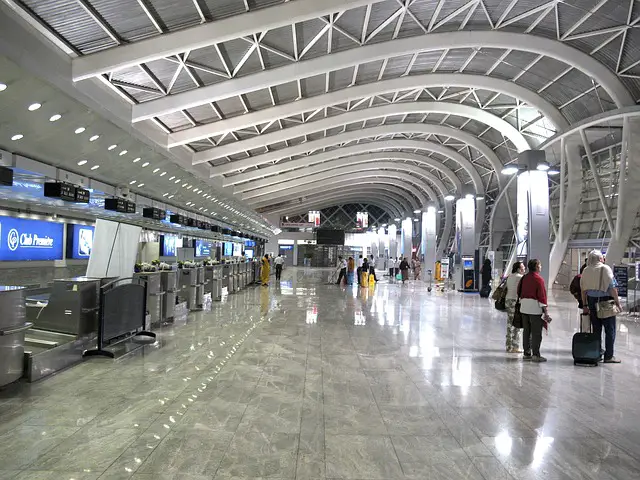
Travel insurances are more important than ever. And, unfortunately, as it may seem, it is getting increasingly difficult to find insurance providers who are willing to cover your COVID-related costs, especially if you are traveling against government advisories. You should check with insurance providers separately and thoroughly inquire them of their rules and policies before signing up for insurance.
Travel insurance providers such as Travel Guard offers comprehensive travel insurance programs. Starting at $30, it includes per-trip & annual plans, coverage for trip cancellation, trip interruption, trip delay, medical expenses, baggage loss & more!
Travel Resources for Planning Your First Post-Pandemic Trip to Europe
To make planning your own post-pandemic trip and travel to Europe again easier, we listed some of our favorites and recommended travel resources below. You can search and find the best flights, transportation options, hotels to stay in, tours/activities, and things you can do in each destination during your trip.
Flights:
Agoda: Search thousands of destinations around the world & quickly compare prices to find amazing deals on the best flights.
CheapOAir: You can find airline tickets, hotel rooms, rental cars, and vacation packages all on one site!
Kiwi.com: What we like about Kiwi is the fact that they are able to create combinations of flight, train, and bus tickets and offer them in a single itinerary. Also, Kiwi has what they called “Nomad” which helps you find the best way of visiting multiple destinations, saving you time and money.
JetRadar: You can search and compare airfares from 726 airlines and dozens of travel agencies and systems.
Hotels:
Agoda: Agoda is one of the world’s largest online travel accommodation platforms with a network of over 2,000,000 vacation rentals and hotels worldwide.
Hotellook: They have more than 250,000 hotels in 205 countries, working with data from more than 10 online booking systems, such as Booking.com, Agoda.com, Hotels.com, Expedia, and others.
Transportations:
Airport Transfers: KiwiTaxi, Viator or GetTransfer ( offer both airport transfers & car rentals with a personal driver)
Train: EuroRail, Trainline or RailEurope
Bus: Flixbus: Very affordable (as low as $6) and convenient way to transfer between cities in Europe.
Car Rentals: AutoEurope, EconomyBookings, or GetTransfer (transfers & car rentals with a personal driver)
Bike Rental: BikesBooking (Bikes & scooter rentals)
Transportation Comparison: Omio (search, compare, and book tickets for buses, trains, and flights all in one site)
Tours & Activities:
TakeWalks (WalkofItaly): This is our favorite site for walking tours & day trips.
Tiqets: Great site for entrance tickets. It offers directly bookable, instantly available, and completely mobile tickets for museums, shows, and attractions all over the world.
Musement: They have good activities and tours in Italy and Spain, also many great day trips you can choose from.
GetYourGuide: A large number of tours, excursions, and other travel activities
Viator: The largest one. It has everything from tours, attractions, shore excursions, and private guides in over 2,700 destinations worldwide. It also has many transportations and transfers options and some unique experiences we didn’t find anywhere else.
Related Posts:
Need help planning a post-pandemic trip to Europe?
Want to travel to Europe again but don’t know where to begin? If you find this type of trip planning to be too complicated to plan on your own, we’re here to help!
At MultiCityTrips, multi-destination travel and complicated itineraries such as a multi-city, multi-country trip to Europe post-pandemic are our specialties. Contact us today to learn more about how one of our experienced travel experts/destination specialists can personalize your multi-city trip and craft the best vacation package for you.
Don’t want to start from scratch and need some trip inspiration? Check out our marketplace for customizable pre-designed packages available right now for many amazing destinations.
To learn more about how our process of trip planning works in detail, please see our “How It Works” page or check out our video on “How to Plan a Multi-City Trip to Europe in 5 Easy Steps” here.
Have questions for us? Try our 24/7 live chat, call/text us at (888)223-2316, Schedule a FREE Call, or contact one of the travel experts/destination specialists at [email protected].

